Jen is 53 years old, lives in VIC and identifies as a family member of a person living with BPD.
What is your relationship with someone with BPD?
My adult child has BPD.
What was your experience of the person you care for receiving a diagnosis?
A diagnosis gave me (and her) a sense of relief that there was a reason for her feelings.
What would you like carers who are struggling to accept the diagnosis of BPD to know?
Being directed to support groups for her and me. I think if she’d been directed sooner she may have been less treatment-resistant.
What would you like carers who are struggling to accept the diagnosis of BPD to know?
It is not a life sentence. Knowing and understanding how your loved one sees the world makes living compatibility with them so much easier.
What would you like carers who are struggling to support someone with BPD and feeling overwhelmed to know?
Understand their thinking and processing. If it’s too tough, don’t be afraid to step back and care for yourself. You are doing no one any favours if you’re burning yourself out.
What did clinicians and mental health professionals do well to support you?
I took myself to a BPD specific psychologist, who has helped me enormously to develop strategies in supporting my daughter while caring for myself.
Are you receiving support in your caring role? What support did you receive/ access?
I attend a support group and have made good friends from that group which is also support for them and me.
What can clinicians and mental health professionals offer to better support you?
I would have appreciated the clinicians and mental health professionals to really check in with me and see how I was doing (which in the early days really was “not very well”) and then directed to support. Not just a few brochures or numbers to call.
What self-care strategies work for you?
Support groups, courses such as Fostering Realistic Hope and mindfulness.
With the wisdom of hindsight what ‘words of wisdom’ would you offer carers struggling to support someone with BPD?
Read books, learn as much as you can about BPD. Remember it is not always about being right or wrong. Understanding and agreeing to disagree is often key to harmony.
If these questions didn’t work for you, here is some space to write some more thoughts:
It took me a long time to recognize I was suffering PTSD from the complex behaviours my daughter displayed. Getting help from a professional was the best thing I ever did.
As my daughter has progressed into adulthood and with the knowledge she is been heard and understood she and I have developed a greater understanding of the trauma she experienced as a child which can only be helpful in the transition to recovery.
